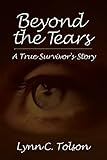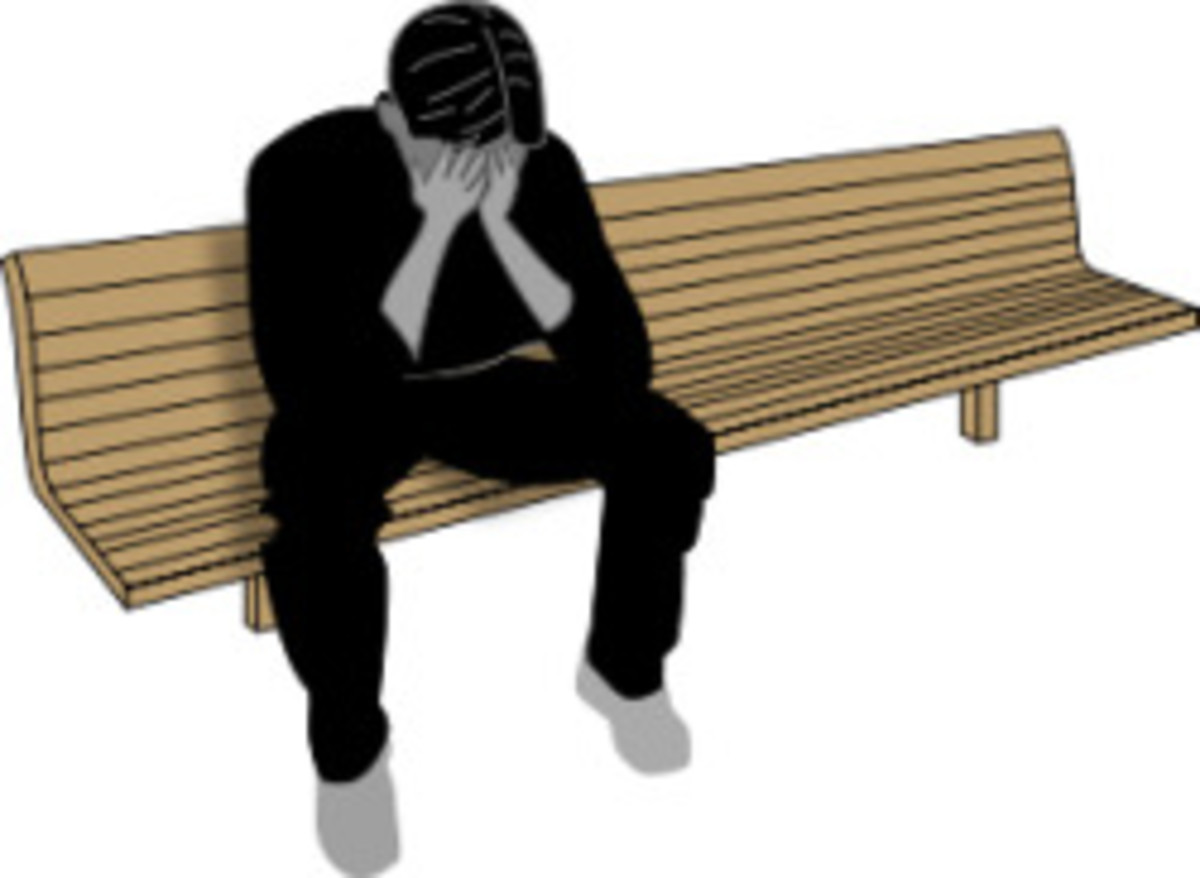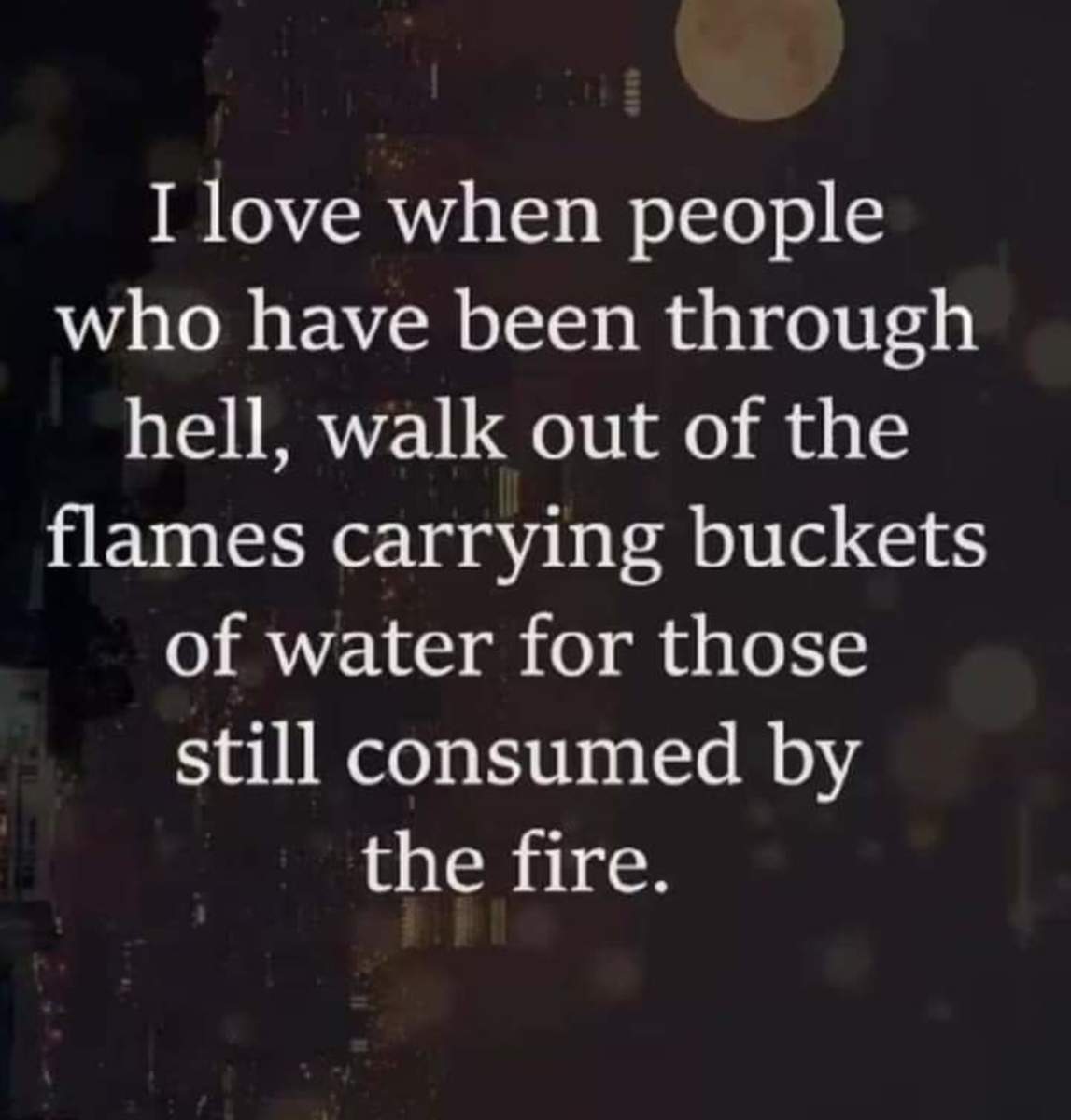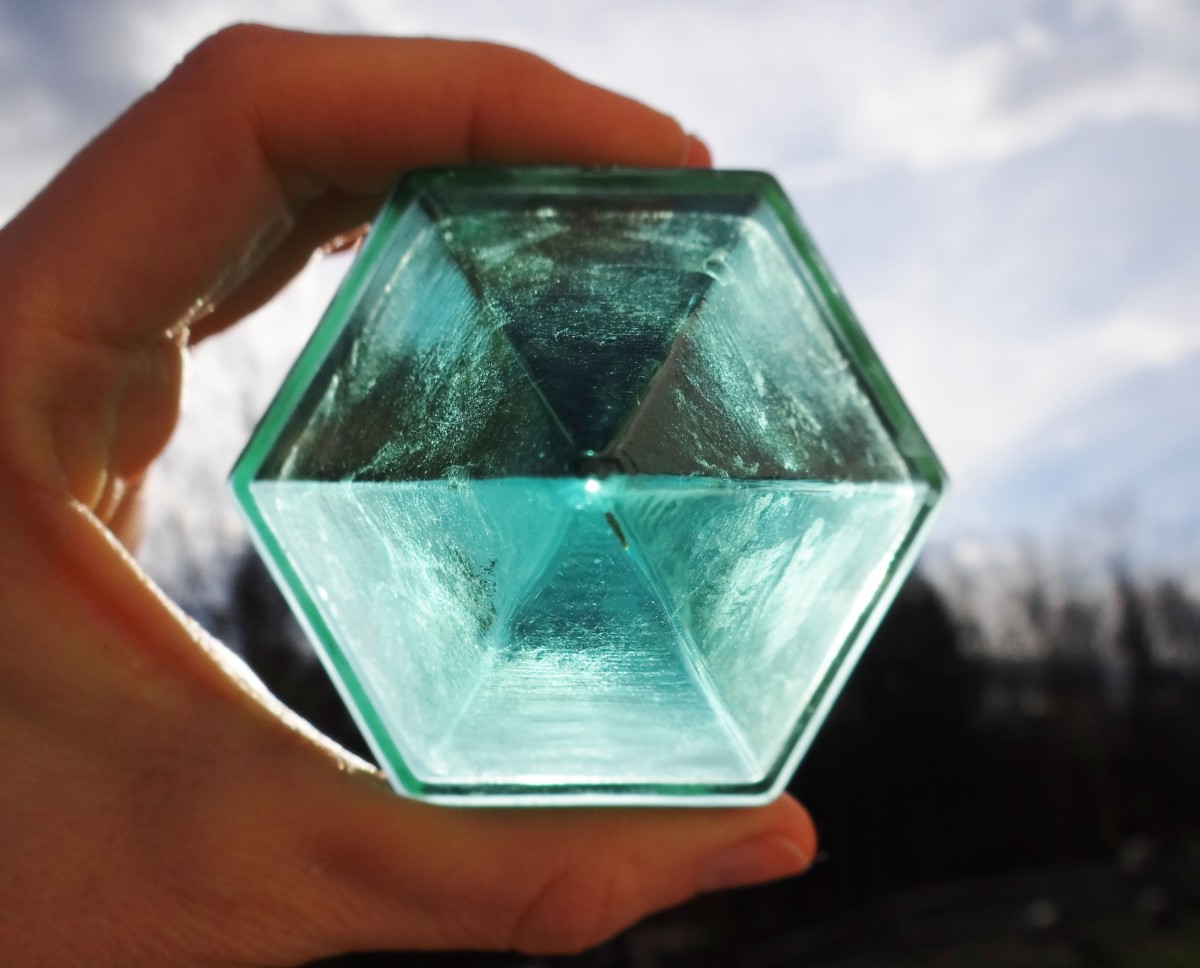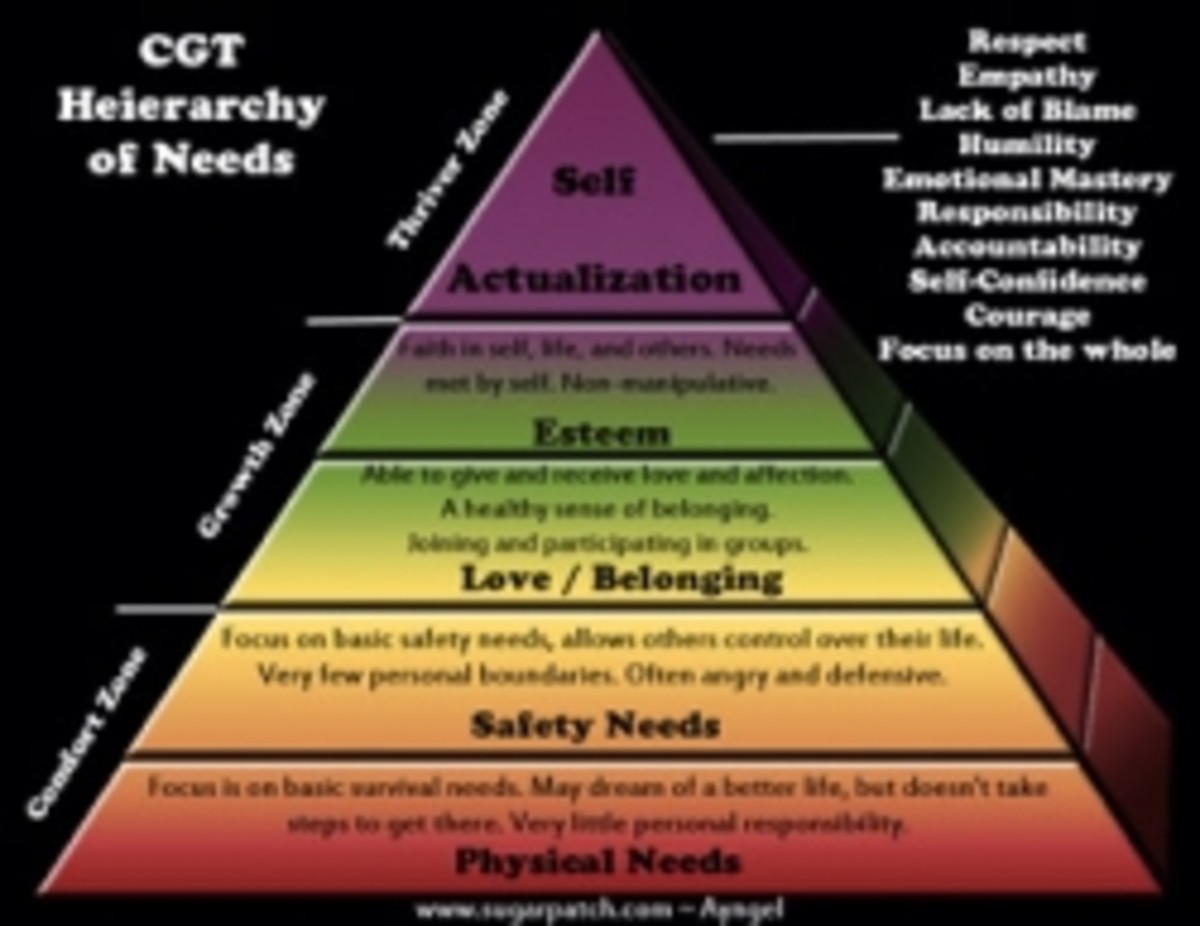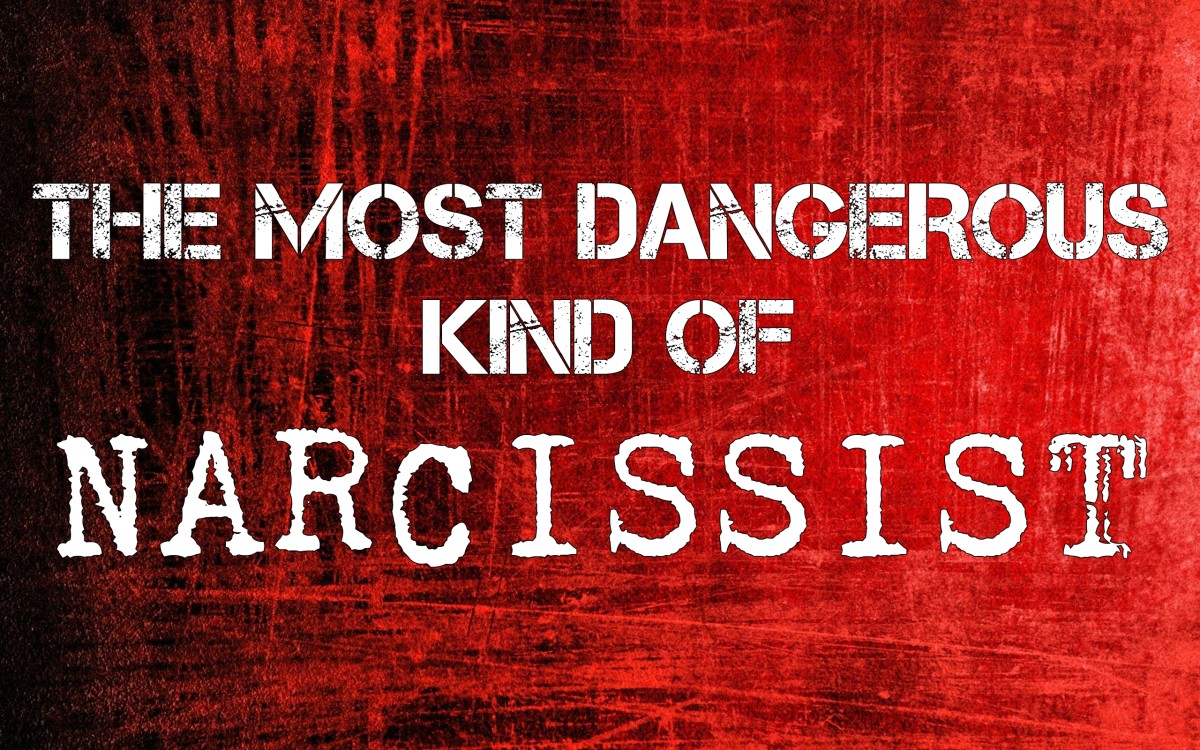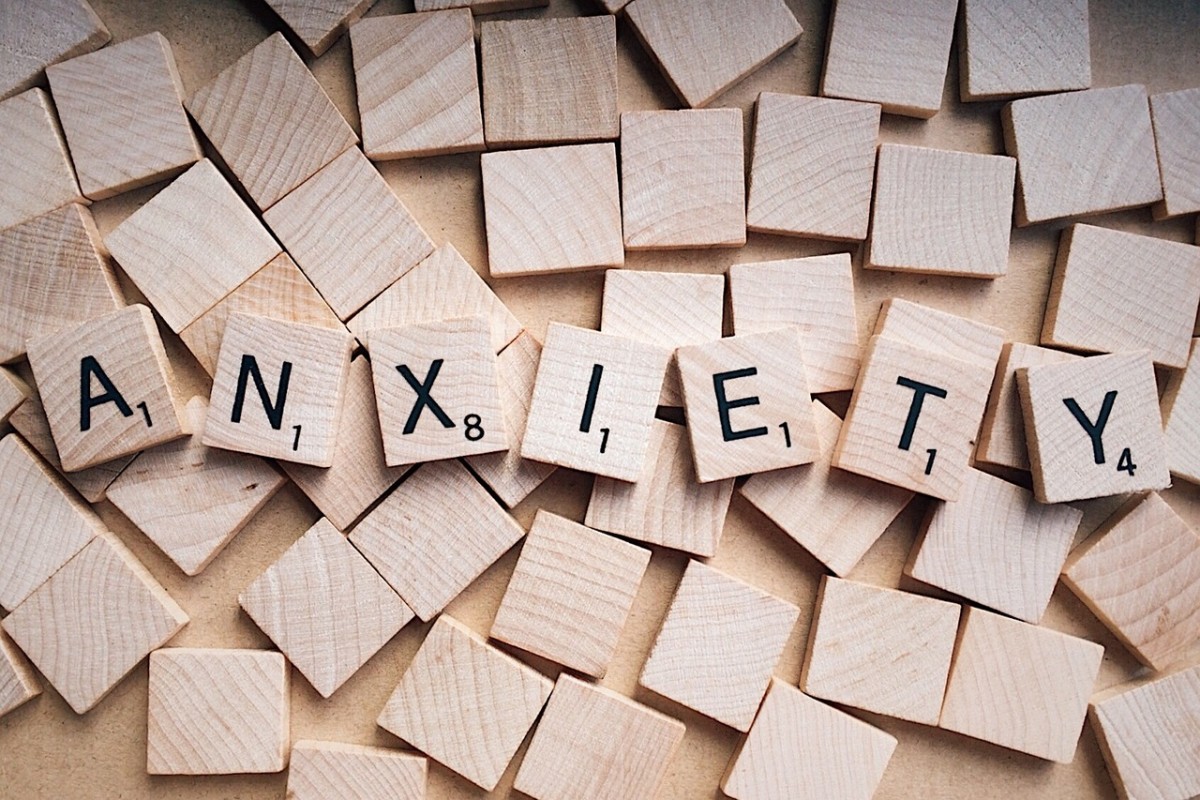Victim, Survivor, Thriver: Abuse and Advocacy
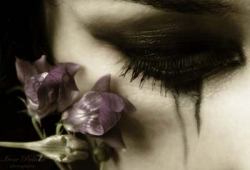
Helping those in abusive situations
Abuse and recovery is a very personal topic for me for many reasons, as is advocacy it is also a passion that drives me to help others escape their own abuse and find true happiness in this life..
The cycle of abuse in my family goes back to at least my great-grandmother. She was married to an alcoholic who eventually abandoned her to raise their children on her own.
It carried through to my grandmother, who married my grandfather shortly after High School. He too was an alcoholic. He was a giant of a man, but he beat my tiny little grandmother several times, sometimes so bad she wasn't able to go out in public.
My mother, carried on the family tradition with several abusive relationships, the abuse she suffered ranged from childhood sexual assault to emotional, and sometimes physical abuse.
I was four the first time I was molested, throughout my childhood things kept happening that I did not understand. As an adult I was involved in several abusive relationships, some physical, but mostly verbal and emotional. Then, when I thought all of that was behind me, I was raped.
When I thought about the legacy I was passing on to my children, I knew something had to change.
I am determined to see to it that it stops with me.
After my eyes were opened, I wanted more than anything to help others get out of their cycles of abuse. I've worked not only with my own children, but with rape survivors through support groups and more recently I became a trained victims advocate.
Many people go through life never knowing what love really feels like. Love for them is closely related to fear. Instead of freedom there is tension. It is living life on eggshells, it's constantly looking over their shoulder, never sure what is coming next.
The cycle of abuse often begins in childhood, follows them into adulthood, and for many the shadow of abuse follows them from one relationship to the next. Emotional, physical, sexual abuse. No matter what form abuse takes, it often lasts a lifetime.
Abuse affects us all, most of us have either been abused or know someone else who has. Some of us are still suffering abuse in our daily lives. Abuse is a cycle, not just within the individual relationship, but within families. Children who were abused often become partners who are abused, and sometimes abusers themselves.
It is a cycle that can be stopped, but only the person suffering abuse can stop it. Many times when we step in and try to help a victim of abuse, we accomplish the opposite.
My intention is not to tell my story, though I have done that elsewhere but to help others find a way to help the people they love that are in abusive situations.
(Graphics by caperuccita@deviantart: Used by permission. Please visit her website at IrenePedrosa.com)

Understanding Abuse
What is abuse?
This is a hard question for many to answer. Just as each person has a definition of love, they also have a definition of abuse.
The definition I prefer is:
"When you are forced to do something against your will, it is abuse."
It may happen once or it could be ongoing. Abuse can be one large event, abuse can be smaller incidents strung together. While one event may leave you feeling violated, sometimes those small violations add up to a lifestyle that is unhealthy for everyone involved.
It can happen anywhere. When your boss, a police officer, or someone else is in an authority position over you and they take advantage of that position, it often leaves you feeling violated.
When it happens in your personal life, it becomes even more difficult to cope with. Abuse can escalate into the verbal, emotional, physical, or sexual realms. When abuse becomes a pattern, it almost seems impossible to move on.
Some relationships have abusive episodes. A strike, a shove, a kick. It isn't right, but it is isolated. So what is the difference between an abusive episode and an abusive relationship?
It is about frequency, consequences, responsibility. It's about intentions.
There are people who have a bad night, or a few bad episodes, but they learn from them. Despite the consequences, an abuser keeps abusing. They refuse to take responsibility, shifting blame for the abuse to the victim themselves.
Abuse is about power and control. Whether it is rape, spousal abuse, child molestation, it is about control. Controlling others is how an abuser controls their life. They use a variety of methods to obtain this control, but what it all amounts to is power and control.
When I was younger I rode a roller coaster built inside of a Haunted House What few lights there were were few and far between, some were strobe lights. Many times you would have no notice at all that the drop was coming. I loved roller coasters, but that one scared me to death. I kept praying for it to end.
Living in an abusive relationship is life on a roller coaster.
Abuse, like a roller coaster, has a cycle within the individual relationship. For a time things seem to be okay, things get better, you have hope. Behind the scenes, the whole time the tension is building, building, building, and then suddenly the decline hits.
The cycle repeats over and over, the good times are fewer, the buildups are shorter, and the abusive episodes escalate. Just like the roller coaster, only this one doesn't end when the ride it over, it just keeps going.
Books for Survivors

Recognizing a Victim
Abuse happens to young and old, rich and poor, male and female, gay and straight. It affects people of all colors, nationalities, and cultures. There is no single victim profile.
Nobody deserves to be abused, ever. Abuse victims often believe they deserve it though. Guilt, shame, self-hatred, victims are often doing penance for some unseen sin.
For a large part of my life I was convinced that I was damaged goods, that there was something so wrong with me that I turned good people into bad people. I was marked from birth, and I had no hope of life ever changing for me.
I have since heard many victims of abuse describe that feeling of having been marked too, like we have been given an invisible tattoo.
People with abusive personalities seem to be capable of spotting us a mile away. It isn't unusual for a victim to move from one unhealthy relationship to another. To attract one abuser after another into their lives.
If you haven't experienced abuse, that may be hard for you to understand. Sometimes it seems like they seek out unsafe people and situations. Others might appear to be normal, they don't look abused, and they don't talk about abuse.
There is no "right" way to be a victim. No "normal" victim behavior. There is no "right" way to deal with abuse. Merely healthy and unhealthy ways.
Abuse becomes a programming. Your life becomes an illusion. You become an illusion. You get used to living on eggshells, trying to avoid the next episode but expecting it at the same time. You become so used to the tension that it feels unnatural when things are quiet.
It might seem like a victim is seeking out drama, but most of the time they are really just seeking normalcy. Not your normal perhaps, but their normal. They have accepted that this is just how life is, and feel there is no way out. The fear of the unknown is often worse than just staying and dealing with what you already know.
A victim is trying to deal with an abnormal situation using the tools they already have. They don't have the same tools as you have, or the tools I have struggled to learn. It's like trying to build a house with nothing but a hammer and a screwdriver.
If you really want to help them the best thing you can do for them is give them the resources they need to find the proper tools. You can't do it for them, but you can hold their hand and guide them to the people who can help them.
It is important to remember that no two victims deal with abuse the same way. No two people recover the same way. There is no way to look at a person and say they are abused, but they are not.
There are traits that are common to many victims:
Depression,
Guilt, shame, and feeling unworthy,
Hyper Vigilance,
Alone, isolated,
Hopelessness,
Numbness and confusion,
Low self esteem,
Don't believe they deserve nice things or a better life,
A feeling they are damaged goods,
Fear being selfish,
Hiding or minimizing the abuse
Using inappropriate humor
Involved in one drama after another
Past is overwhelming; or living in the past,
Often victimized repeatedly
Suspicious of people who try to help them
Need outside sources to believe they are all right (drugs, alcohol, attention, affection)

Victims Advocacy
Helping someone move from victim to survivor.
~Safety First!
~Do not wait. If you believe their life is in imminent danger call 911.
~Do not put them in further danger. As much as you want to help them, be careful giving them books, pamphlets, or calling them unless you can be sure they are safe. Ask them when would be a safe time to talk.
~Do not put yourself in danger, placing yourself in the middle of a physically abusive situation will help neither of you.
Offering your help...
~Do not rescue. They need to reclaim power over their lives. No matter how well meaning we may be, trying to force them to get help is only taking more power from them.
~Do not make decisions for them. Making decisions for them just takes more of their power away. Offer them options, and ask them a lot of question.
~Do not get impatient. The average victim returns to their abuser seven times before they finally make a break.
~Do offer your assistance in love but expect nothing
~Do it with the intent of helping them find the tools they need to be a survivor.
~Don't tell them what you would do in their situation, they are not you, and their situation is different.
Recovery
~Encourage them to seek counseling (Resources included below)
~Help them redefine abuse, their love for others is often greater than their love for themselves.
~They may need to talk about it over, and over, and over. Please let them.
~They might not want to talk about it at all. Don't push them.
~Focus on them as much as possible
Above all remember that they do not fully understand the difference between healthy and toxic love. They don't know what it is like to be loved unconditionally. Mirror that to them. Show them what it is like to be loved and valued, don't judge, criticize or condemn. Support and encourage.
More books for survivors

Recognizing a Survivor
A survivor moves on to a whole new set of skills. It is an exciting, but also a very scary time for a survivor.
They may not have told anyone about the abuse. They have trouble using words like rape, abuse, victim, to describe themselves and what they have been through. They still believe they deserved it somehow, or that it wasn't that bad.
The process of recovery is extremely difficult. Their mind has learned to cope with the abuse in whatever way got them through to the next day.To go from being safely in denial to facing it leaves them feeling like their world is falling apart. They have learned to numb themselves, and suddenly they are supposed to un-numb. They go from feeling nothing to feeling everything. From being detached to having it right there in their face. Some of them learn to be angry for the first time ever, really, and truly, angry.
This is why they often give up, it is scary, it hurts, and it just doesn't feel right. The world suddenly seems filled with uncertainty. If they keep going those feeling pass, but they have a lot of thought processes built up in their head that need to be converted to healthy more constructive patterns. That takes time.
Slowly they will look back at the person they were and see them through new eyes. They will learn to embrace that person and actually care for them. Memories will still come but the survivor will react differently. They don't shove them away anymore, they aren't afraid of feelings, they finally see who they really are, aside from their experiences for the first time.
For me, when I got to this point I looked back at all I had been through and I felt sad for that girl. Not sorry for her, just sad. There were so many things she didn't know. There was a shadow over most of my memories, a darkness that filled them. I looked around at my new life, and finally saw that the shadow had lifted.
To me, that was becoming a survivor.
There are traits that are common to many survivors:
Finally see themselves as wounded, but they are striving to heal.
Seeking help, a counselor, support group, victims advocate, even friends and family.
Identifying what happened as abuse
Learning to grieve, finally working through past trauma
Stops shoving emotional pain away, staying with it.
Not afraid to tell their story to safe people
Learning healthy needs
Feeling relived and wanting to continue in recovery
May be learning some relaxation skills
Begin to see those patterns in their life
They being to laugh more, to just have fun
They begin to become more aware of their feelings and emotions
They begin to feel pain and the associated emotions
Begin to see their therapist as a guide
Begin to glimpse self-acceptance

Survivor Advocacy
Helping someone move from survivor to thriver
~Help them feel safe and secure
~Encourage them to make more decisions concerning their life
~Expect some emotional instability, old wounds have been reopened and they can be frightening
~Help them set personal boundaries, even if they seem a little extreme to you, boundaries are an important part of healing
~Understand that they will be going through a lot of changes.
~They may seem unstable emotionally, in a way they are. They are feeling things they haven't felt in a long time. Be patient.
~This is a good time to help them explore new hobbies or interests
~They will need a balance of alone time and social time, try to respect both
~Continue to offer support, but encourage independence
~Be a healthy and safe place for them to explore their feelings
~Understand that this process can take months, or years, don't push
Healing and Advocacy
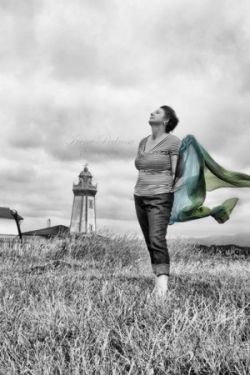
Recognizing a Thriver
Thriver and beyond
Witness the birth of a new human being, someone who is capable of caring for themselves and others. Someone who can take responsibility for their own life and let others take responsibility for theirs. Someone who actually likes themselves.
If you have stuck with them this far good for you! It was a long hard road for them, but it was a hard road for you too. There have been ups and downs, but those are a part of normal human existence. Things should be beginning to stabilize somewhat by now.
You are going to see some new things emerge, and they are a true beauty to behold.
There are traits that are common to many thrivers:
Gratitude for life
Finally seeing themselves as the miracle they truly are
They are thankful for their new life
They are performing self-care and are proud of it
They know they were wounded, but they recognize that they are now healing
They now have faith not just in themselves but in life
Emotional pain is no longer a way of life, they now know it will pass
Aware that they have created their own healing
May tell their story to help others
They are living with an open heart for themselves and others
They protect themselves from people who are unsafe
They begin to place themselves first, understanding that is the only way to function and truly help others
They begin to create their own peace, and find joy in it
They begin to see humor in life, and use healthy humor
They set healthy boundaries with self and others
They live for today
They finally see that reality is their own projection, and they take ownership of that reality
The feel whole, connected to life, alive
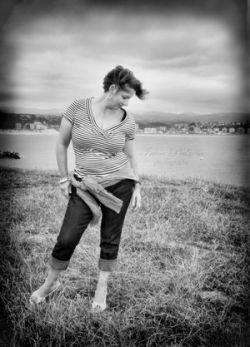
A note to Victims, Survivors and Thrivers.
If you are a survivor, please know that there is a better life out there, and you truly deserve it. There is love that has nothing to do with fear or anger, there is hope. So many of us have made it, and you will too. We want you to be here with us. We want you to stop the cycle, not just for yourself but for your children.
We believe in you. That first step is scary, but it gets easier. We didn't do it alone, and neither can you. Seek help, surround yourself with people who love you, and begin the healing process. You are not alone!
When you are ready, I strongly encourage taking an advocacy course, it will change your life. I learned so many things in my course, and I found a place that I can truly help others overcome their hardships.
If you would like to share your stories, please do.
Where are you at in your healing from abuse?
Where do you see yourself?
Toward an abuse free world...
Has abuse touched your life?
Survivor Stories

Abuse and Advocacy Resources
There are so many resources out there. I knew about some of them, but I didn't find out how many there really were until recently. I would not have survived the last few years without the help of my domestic violence advocate. She was there with me through the many court appearances, the restraining orders, when the restraining orders were violated.
It wasn't until I became an advocate that I realized the full extent of her job, the long hours, the dedication, the placing herself at risk. Aside from basic services I also learned where to direct people for a variety of needs.
Short Term (Safe) Housing, Long Term Housing, Food, Clothing, Medical Care, Job Resources, Legal Resources, Pet Care Facilities, Educational Opportunities, Counseling, Physical Therapy, Tattoo Removal (for abusers name).
There are national and local abuse resources. People who can point you in the right direction for anything a person escaping an abusive situation might need. They might not be able to provide all needs from one place, but they have the resources to help you find the help you need. Many of these programs are provided free if you just know where to look.
You should be able to find an abuse or crisis hot line in your area by looking in the phone book. If you don't know where to begin here are some important resources you can try:
National Domestic Violence/Child Abuse/ Sexual Abuse:
1-800-799-SAFE
1-800-799-7233
1-800-787-3224 TDD
1-800-942-6908 Spanish Speaking
Staffed by trained volunteers, can connect you with emergency help in your own community. Information and referrals for a variety of services including: Counseling, reporting abuse, emergency services and shelters.
Domestic Violence Hotline:
1-800-829-1122
National Child Abuse Hotline:
1-800-25-ABUSE
Covenant House Hotline:
1-800-999-9999
Crisis line for youth, teens, and families. Locally based referrals for drug, alcohol, abuse, runaway,s and other family issues.
National Youth Crisis Hotline:
1-800-442-HOPE (4673)
Counseling and referrals to local resources: drug treatment centers, shelters, and counseling.
Elder Abuse Hotline:
1-800-252-8966












